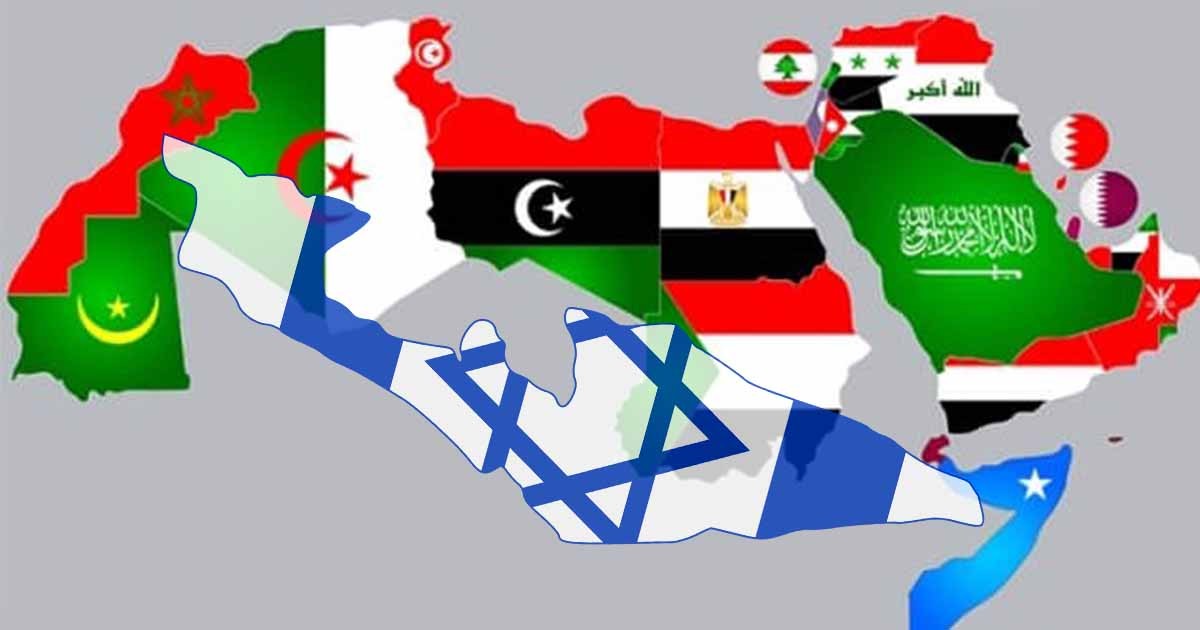
Changing Middle East Dynamics
Tue, 15 Dec 2020 | Reading Time: 7 minutes

The Past
The Middle East consists of a collection of oil-producing states as also countries facing internal strife. The region, primarily Muslim, is marked with pockets of turmoil, high levels of distrust and diplomatic manoeuvres to dominate institutions. The internal wars in Libya and Yemen had proxies of nations, including neighbours, battling one another for supremacy and control, leading to humanitarian disasters. Syria, where major powers were involved through their proxies, is slowly returning to normal under the rule of Bashar al-Assad, supported by Russia and Iran. Western plans to overthrow Bashar al-Assad were thwarted.
Israel was a common enemy of most nations of the region, while Palestinians were supported by the majority. Turkey and Saudi Arabia have been battling for supremacy of the Muslim world, which is traditionally controlled through the Organization of Islamic Cooperation (OIC), dominated by the House of Saud. Iran is considered the biggest threat for its support to terrorist groups which target rivals in the region. The regional rivalry is also impacted by the increasing Shia-Sunni divide. Qatar which houses major US bases has in recent times become a pariah. Saudi Arabia, the most powerful nation in the Middle East, faced global backlash for the ruthless killing of Jamaal Khashoggi.
Current Events
The dynamics in the Middle East are changing. Conservative nations like Saudi Arabia and the UAE are lifting veils on restrictions to meet growing modernization demands, however suppressing dissent and challengers ruthlessly, an act which western nations disapprove. Due to the COVID pandemic, oil demand receded, pushing Middle East nations oil-linked economies into the doldrums. With the US producing vast quantities of Shale oil, demand for West Asian oil is unlikely to rise to earlier levels. The region’s importance to global powers will therefore reduce with passage of time.
In August, the UAE and in October, Bahrain, established diplomatic ties with Israel. Both of these were brokered by the US. These decisions would not have been taken without approval from Saudi Arabia. In the third week of November, there were reports of the Saudi Prince, Mohamad Bin Salman (MBS) having met the Israel Prime Minister, Benjamin Netanyahu, in a secret meeting. This was subsequently denied by Saudi Arabia. Saudi Arabia, as the custodian of the two holy mosques and controlling the OIC, hesitates to normalize relations with Israel just yet, considering such an act as a threat to its power.
In a comment to justify a non-meeting, Saudi Prince Turki al-Faisal, who led Saudi intelligence for more than two decades and was the Ambassador to the US and Britain, stated at the Manama Dialogue in Bahrain, last week, that any normalisation deals with Israel were dependent on Palestinians establishing their state. He was stating the official position of the Saudi state. Israeli Foreign Minister, Gabi Ashkenazi, who subsequently spoke, stated, ‘I would like to express my regret on the comments of the Saudi representative.’ He added, ‘I don’t believe that they reflect the spirit and the changes taking place in the Middle East.’ It appeared that the statement was planned, timed and aimed at putting to rest all claims of a personal meeting between the two leaders.
The proximity of Arab states and Israel appear aimed at curbing the rising power of Iran, which remains a sworn enemy of Saudi Arabia and Israel. Iran’s proxies have targeted both nations. Recent drone and missile strike on Saudi cities and oil facilities have flowed from Houthi rebels employing Iran provided equipment. The fear of Iran developing a nuclear weapon remains a worry for the region. Saudi Arabia’s request to be included in any future discussion on Iran’s nuclear program was rejected by Iran.
This year alone there have been multiple incidents involving Iran. The US continued to mount pressure by enforcing its sanctions post-withdrawal from the JCPOA (Joint Comprehensive Plan of Action) in 2018. In addition, apart from threatening it with military action, the US assassinated General Qasim Soleimani in a drone strike in Baghdad in January this year. Subsequently, Iran downed US’s RQ 4A Global Hawk drone, costing over a hundred million dollars, employing surface to air missiles. Recently, prominent Iranian nuclear scientist Mohsen Fakhrizadeh was assassinated on the outskirts of Tehran, making it the first such attack against Iranian scientists since 2012. Israel was blamed for the strike.
A Period of Uncertainty
Arab states and Israel were comfortable with Donald Trump and his policies towards Iran and the Middle East. He supported the two main players, Israel and Saudi Arabia and targeted their common enemy, Iran. The arrival of Joe Biden in the White House will be a major challenge. Biden was the Vice President and John Kerry, currently nominated as envoy on climate change, was Secretary of State when the JCPOA was successfully negotiated. Javed Sharif was the Iranian foreign minister, during the same period, a post he continues to hold. It is possible that it may be revived.
How will Biden act and what would be the impact on the region remain a mute question? The anti-Iran lobby in the Gulf would be hoping Trump places greater sanctions on Iran before leaving office, adding to problems for Biden. Iran is hopeful of the US re-entering JCPOA. Obama-Biden administration had never supported Israel in its demands to annex Palestinian territories. The new administration would likely follow the same policy. Thus, Israel may have to move carefully, as without US support it could face global backlash.
The recent meeting between the Israeli and Arabian leadership would have been aimed at developing strategies to ensure that the new US administration continues Trump’s policies on Iran. Hence, they will continue making attempts to compel Iran to act irrationally and mitigate the environment by striking at its core assets. The killing of the Iranian scientist was one such attempt. An Iranian retaliation may force Biden’s hands and prevent him from re-joining the JCPOA. It is possibly to avoid forcing Biden’s hand that Iran has remained silent, despite impending elections within the country in Jun next year, which could adversely impact the current leadership.
Elections are also due in Israel as Gantz, Netanyahu’s challenger has backed down from the current alliance. This will place restrictions on Netanyahu’s quest for enhancing pressure on Iran by additional targeting as also deny him the opportunity to annex Palestinian lands in the occupied West Bank.
The Saudi’s are also testing the ground before aligning with Israel. They would prefer waiting to check Biden’s policies for the region before acting. Biden had vowed during his campaign to haul up Saudi for the murder of Jamaal Khashoggi. Even jailing of activists by MBS may come into question and these could change the US-Saudi equation. Saudi’s reconciliation with Qatar is amongst the last actions of the Trump administration.
The hold of the House of Saud on the OIC is now being challenged by Turkey. The rebel meeting organized by Turkey, Malaysia, Qatar, Iran and Pakistan in Kuala Lumpur, backed by China, in end 2019 was the first attempt. This failed due to timely reaction by the Saudi’s which ensured Imran Khan backed off. Erdogan has been attempting to recreate the Ottoman empire and place Turkey at the helm of the Muslim world. He has the backing of China as it seeks to reduce US hold on the region. This was possibly the reason why the OIC accepted a Turkey-Pakistan backed a resolution on Kashmir in its recent council of foreign minister’s held at Niamey in Niger.
While Turkey maintains diplomatic relations with Israel, it was the first nation to criticise the UAE and Bahrain. When they countered stating the USD 3 Billion trade between Turkey and Israel, there was silence. As regards India’s concerns, Turkey has become a vocal supporter of Pakistan on Kashmir.
India and Pakistan with the changing scenario in the Middle East
In the past six years, India’s relationship with Middle East countries has moved leaps and bounds including to the levels of strategic partnerships with Riyadh and UAE. A similar relationship already exists with Israel. India’s relationship with Iran has been steady and any misgivings were resolved when the Indian foreign and defence ministers visited Iran en route to SCO meetings in Moscow. India awaits lifting of US sanctions to recommence procuring oil from Iran. The only nation with whom relations are moving downhill is Turkey as it grows closer to Pakistan.
Riyadh and UAE are India’s third and fourth-largest trading partners. PM Modi terms West Asia as India’s extended neighbourhood. Six West Asian countries – UAE, Saudi Arabia, Kuwait, Oman, Qatar and Bahrain – accounted for nearly 70% of all Indians who live abroad. UAE is home to the largest number of Indians, 3.4 million, which is approximately a quarter of all NRIs around the world. Another 2.6 million were in Saudi Arabia and Kuwait, Oman, Qatar and Bahrain were home to another 2.9 million NRIs.
Between them, they sent home nearly half of India’s total foreign remittances of US 80 billion. India’s oil trade with the region in 2019-20 was USD 62 Billion. During the pandemic, India ensured uninterrupted supply of medicines to the region as also deployed about 6000 medical professionals to cater to their health needs. The UAE, sensitive to Indian concerns, permitted the construction of a temple in the state.
India’s External Affairs Minister, S Jaishankar visited the UAE and Saudi Arabia recently. He is slated to visit Qatar and Kuwait, while his deputy will be visiting Oman, later this month. The Indian army chief, General MM Naravane visited Saudi Arabia and the UAE. The army chief concentrated on deepening engagement in maritime security and enhancing joint exercises. He would also be discussing the sale of military equipment to these countries and the possibility of UAE based Caracal producing carbines in India.
Pakistan Prime Minister, Imran Khan, told journalists recently that he was under tremendous pressure to recognise Israel. Every few years the debate of recognizing Israel re-emerges in Pakistan. For Pakistan, recognizing Israel would imply upturning decades of teaching and projecting Israel as an enemy of the Muslim world, to its domestic audiences. The opposition will make it difficult for the government if it recognizes Israel. The clerics could also add to the worries by taking an offensive blockade option.
The recognition of Israel by the UAE, with the tacit approval of the Saudi’s, only added to pressure on Pakistan. Rumours within Pakistan state that the Saudi demand for payback of loans extended to Pakistan, along with a refusal to extend the deferred oil facility was part of the pressure. Similar, was UAE’s refusal to roll-over loans provided to Pakistan and placing of visa restrictions. In addition, this was also punishment for Pakistan attempting to challenge Saudi’s control over the Muslim world by aligning with Turkey, an adversary of the Saudi’s.
Saudi Arabia and the UAE have been warning Pakistan against its Kashmir policy, which Pakistan tends to ignore on account of domestic compulsions. Saudi Arabia has repeatedly refused to accept the Pakistani demand for a special session of Organisation of Islamic Countries (OIC) foreign ministers to discuss Kashmir. With increased warming of India-Middle East nation ties, Pakistan is being pushed into the background and left with only Turkey as a supporter. Turkey does not possess the financial clout to back Pakistan though continues to support her by shouting from the rooftops.
Conclusion
India’s relations with the region are and would remain strong. As they grow stronger, Pakistan would be pushed further away from its traditional support bases. Instability in the region will remain. Rivalries, employment of proxies, Shia-Sunni divide and distrust between powerful nations would continue unabated.
The arrival of the new US administration and its policies on a region, which is slowly losing its importance, is to be seen. Major issues which will need to be watched in the coming months are whether the US will re-join JCPOA and pull Iran away from its internal mess; will it act against the Saudi’s for their human rights policies and what would be its level of support to Israel on annexing Palestinian lands.
Disclaimer
The opinions expressed in this article are the author’s own and do not reflect the views of Chanakya Forum. All information provided in this article including timeliness, completeness, accuracy, suitability or validity of information referenced therein, is the sole responsibility of the author. www.chanakyaforum.com does not assume any responsibility for the same.
Chanakya Forum is now on . Click here to join our channel (@ChanakyaForum) and stay updated with the latest headlines and articles.
Important
We work round the clock to bring you the finest articles and updates from around the world. There is a team that works tirelessly to ensure that you have a seamless reading experience. But all this costs money. Please support us so that we keep doing what we do best. Happy Reading
Support Us




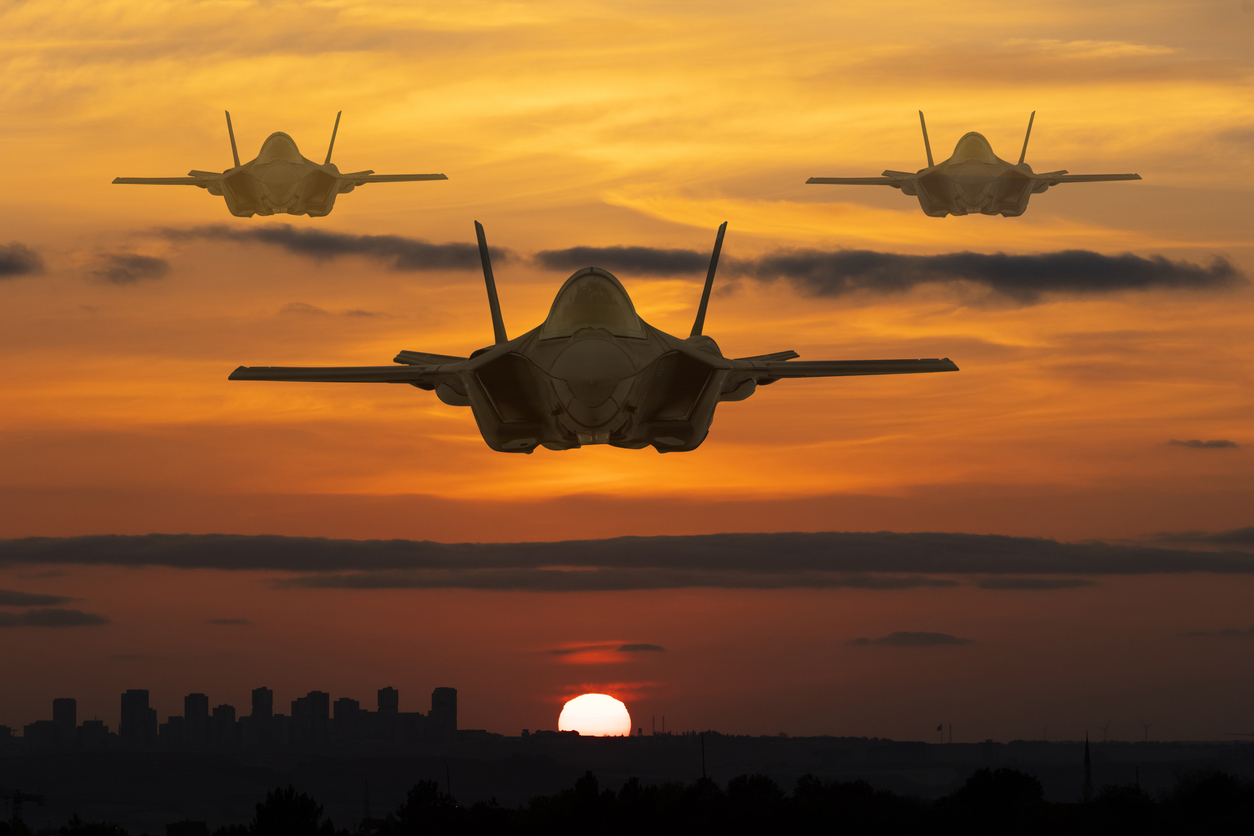
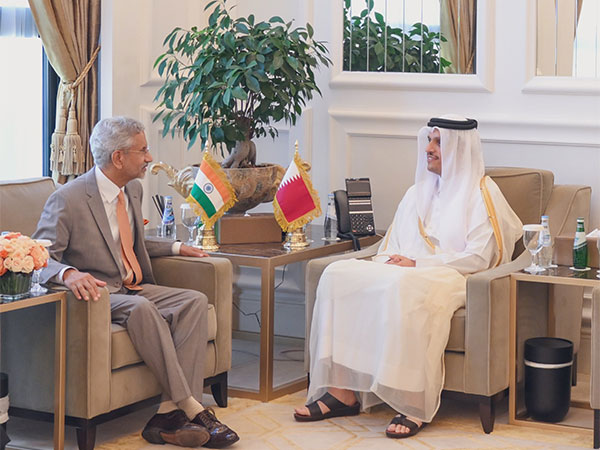
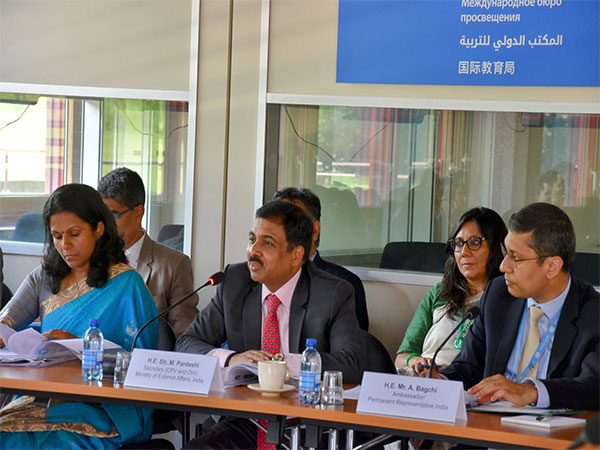

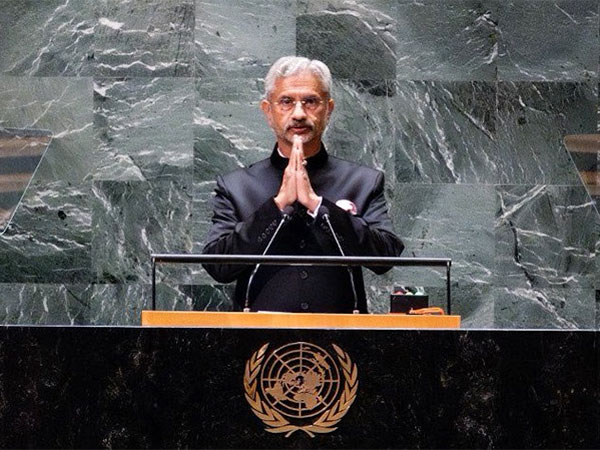
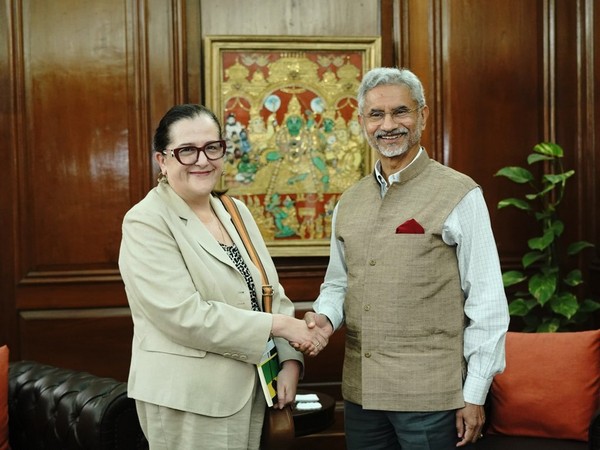
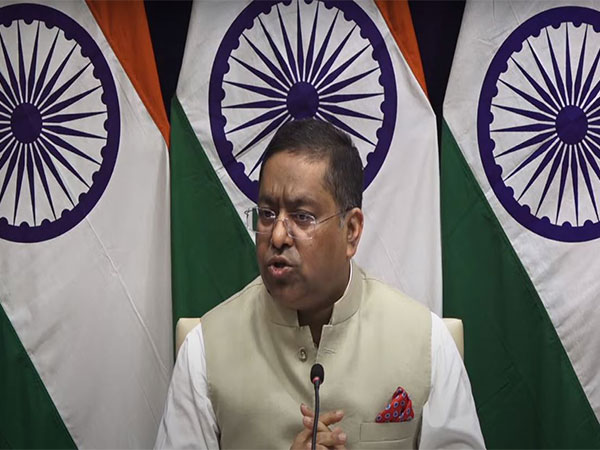
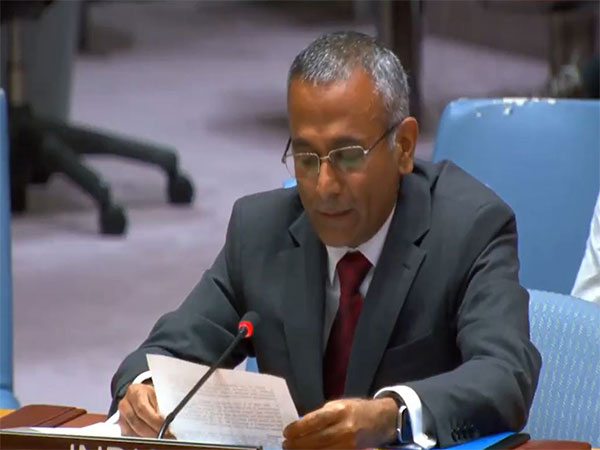

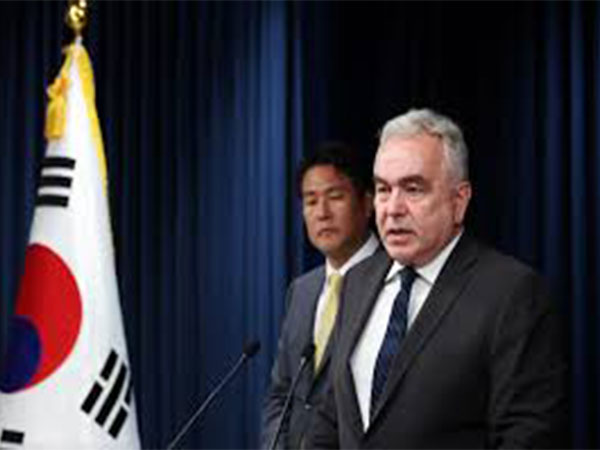






POST COMMENTS (2)
kasturi
Akash Kumar